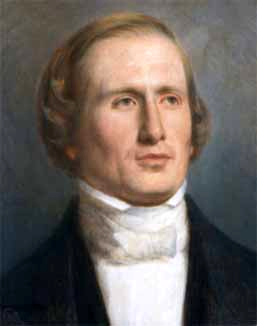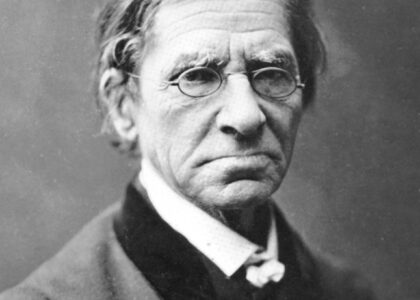Welcome to the fascinating world of Urbain Jean-Joseph Le Verrier, a pioneering French astronomer whose work reshaped our understanding of the cosmos. Born on March 11, 1811, in Saint-Lô, France, Le Verrier’s journey from the quiet streets of his hometown to the bustling observatories of Paris is a tale of scientific brilliance and tenacity.
After completing his studies in chemistry at the École Polytechnique in Paris, Le Verrier soon found his true calling in astronomy, particularly celestial mechanics. His early work on the orbits of planets laid the foundation for his most celebrated achievement: the mathematical prediction of Neptune’s existence. In the mid-19th century, discrepancies in the orbit of Uranus puzzled astronomers. Le Verrier, using only mathematical calculations, hypothesized the presence of another planet causing these irregularities. He sent his predictions to Johann Gottfried Galle in Berlin, who on September 23, 1846, confirmed the existence of Neptune, just one degree off Le Verrier’s calculations.
Le Verrier’s success in predicting Neptune’s position was not merely a triumph of mathematics; it was a dramatic validation of Newtonian gravitational theory and celestial mechanics. This achievement earned him international acclaim, including the prestigious Copley Medal from the Royal Society of London.
Throughout his career, Le Verrier continued to influence the field of astronomy. He served as the director of the Paris Observatory and was a member of the French Academy of Sciences. His name is among the 72 inscribed on the Eiffel Tower, a testament to his monumental contributions to science.
As you reflect on the life of Urbain Le Verrier, consider the vastness of the universe and the power of human intellect to unravel its mysteries. His work not only discovered a new planet but also opened the door for future astronomers to explore the cosmos beyond what was visible to the naked eye. Le Verrier’s legacy reminds us of the profound impact one individual can have on our understanding of the universe.






